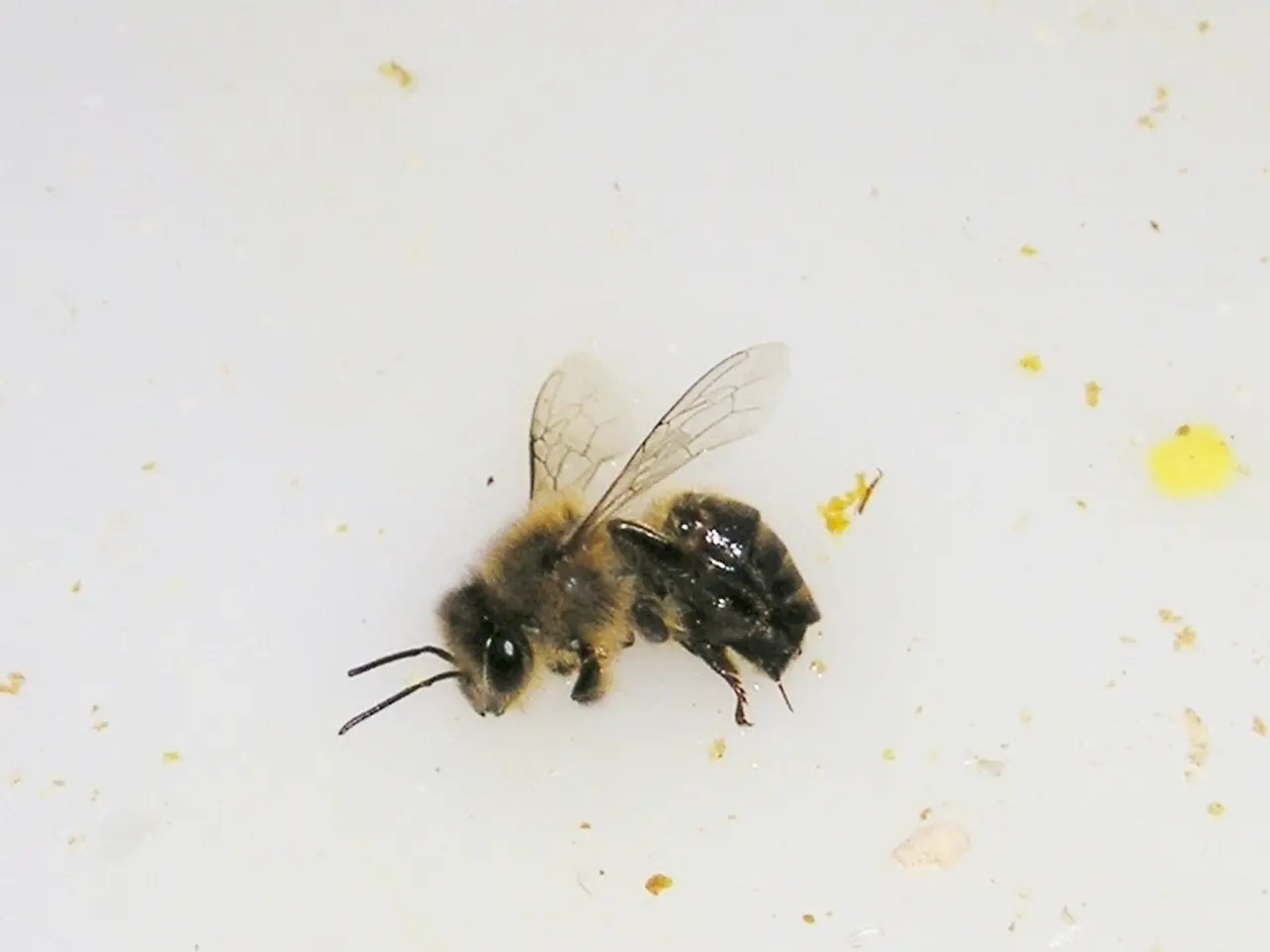Wasps can lead to substantial financial losses, with potential penalties reaching tens of thousands of dollars.
In Germany, the increasing appearance of wasps in gardens is often a sign of a decrease in food supply in nature. As the summer wasp plague intensifies, it's crucial to understand the rules and regulations surrounding these insects, particularly the fines for killing them.
The Federal Nature Conservation Act (Bundesnaturschutzgesetz) in Germany protects wasps, along with over 10,000 other native wasp species, as part of species protection regulations. Killing a wasp without a reasonable cause is prohibited under § 39 BNatSchG, and penalties for violating these provisions vary by federal state.
Typical fines can range from several hundred to several thousand euros, depending on the severity of the offense and the local regulations. For instance, some states impose fines starting around 500 euros for minor violations, while more severe or repeated offenses can lead to fines up to 5,000 euros or more. In some cases, criminal proceedings may be initiated if the offense causes significant harm to protected species or habitats.
The fines for these actions differ among the 16 German federal states (Bundesländer), and they are generally specified in each state's Nature Conservation or Environmental Protection Act, which implement and complement the federal law. However, a comprehensive and detailed list of the specific fines by each federal state for wasp protection violations was not available in the search results. For precise figures, one would need to consult the conservation laws or administrative penalty regulations of each federal state, or official documents from the Federal Ministry for the Environment, Nature Conservation, Nuclear Safety and Consumer Protection.
Despite the fines, it's important to remember that wasps provide valuable services to farmers and gardeners as natural pest controllers, feeding on flies, aphids, caterpillars, and other insects. However, it's recommended to cover food and use water spray or gently push wasps away with hands instead of killing them. Blowing at wasps will make them more aggressive.
In Brandenburg, fines of up to 65,000 euros can be charged for particularly protected species, while North Rhine-Westphalia and Thuringia impose fines of up to 50,000 euros for normal wasp species. In Bavaria, Berlin, and Bremen, killing a wasp can result in fines of up to 5,000 euros.
The NABU Baden-Württemberg emphasizes that the fine for killing a wasp is intended to have a deterrent effect, making it clear that the ban is serious. If you are allergic to wasp stings, the Federal Nature Conservation Act allows for the killing of wasps as an exception for self-defense.
In conclusion, the Federal Nature Conservation Act plays a significant role in protecting wasps in Germany, reflecting their ecological importance. It's crucial to be aware of the fines and regulations in your local area to ensure compliance and contribute to the conservation of these essential insects.
Read also:
- Rising health care staff shortages in Virginia, as revealed by a watchdog report
- Experiencing Adverse Reactions to Promacta: A Guide to Coping Strategies
- Forward-thinking entrepreneurs and digital nomads, discover a treasure trove of essential resources to empower your online journey with our curated list of top 10 start-up and digital nomad tools.
- Industries Embracing Thermal Drone Technologies in the Year 2025




